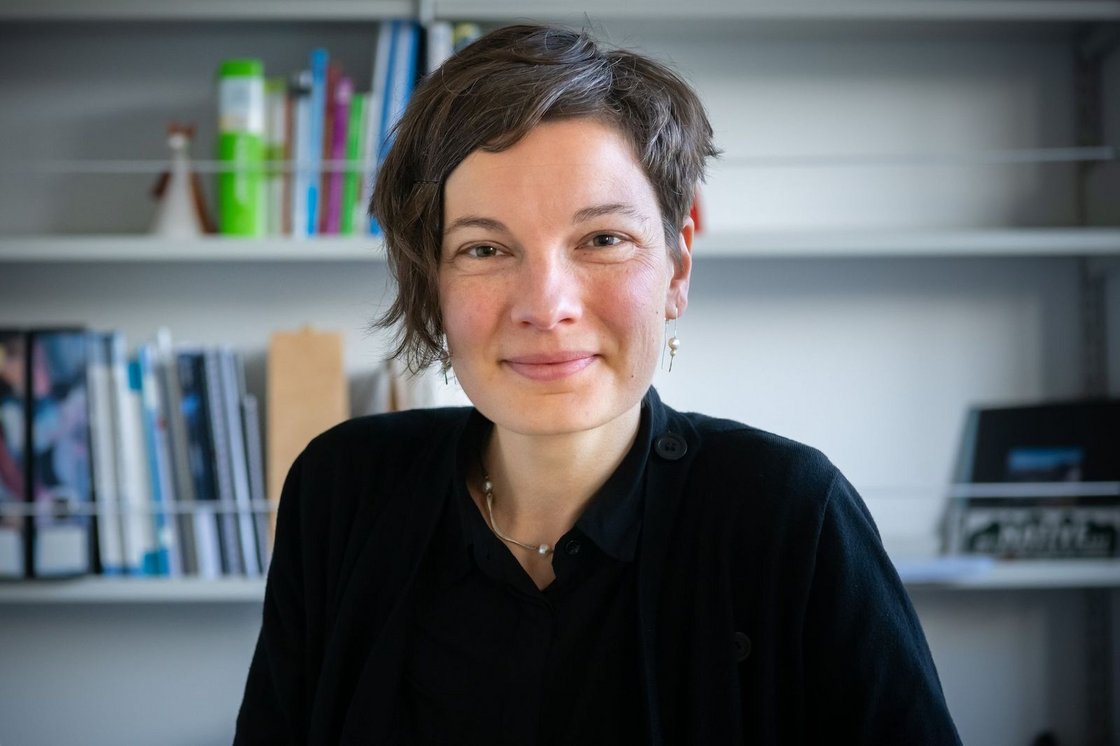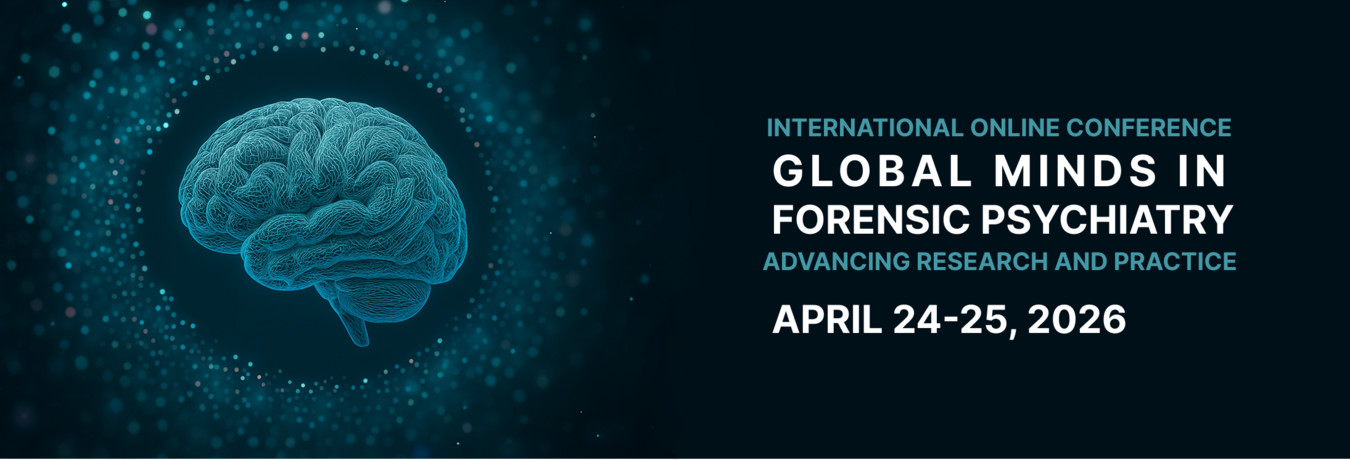Prof Dr Gary Chaimowitz (McMaster University, Hamilton, Canada)
Keynote: "The AIS and eHARM: a new set to tools for managing violence using big data"

Professor Gary A. Chaimowitz is a Professor in the Department of Psychiatry & Behavioural Neurosciences at McMaster University and Head of the Forensic Psychiatry Program at St. Joseph’s Healthcare Hamilton in Hamilton, Ontario. He holds the MB ChB, and additionally earned an MBA from the University of Toronto; he is a Certified Physician Executive through the American College of Physician Executives. His work centers on clinical and systems-level forensic psychiatry: risk assessment, violence management, capacity and fitness evaluations, and the interface of psychiatric care with the criminal justice system.
Chaimowitz was a co-creator of the HARM (Hamilton Anatomy of Risk Management) model and the AIS (Aggressive Incidents Scale) for forensic settings. He has held leadership roles including chairing the Forensic Psychiatry Specialty Committee of the Royal College of Physicians and Surgeons of Canada, vice-chairing the Ontario Consent and Capacity Board, and serving on review boards for Ontario and Nunavut. His extensive publication record (over 140 papers) addresses forensic psychiatry services, risk prediction, and service models globally.
Prof Dr Hedwig Eisenbarth (Victoria University of Wellington, Wellington, New Zealand)
Keynote: "Long lasting impacts: The role of childhood adversity for treatment completion"

Professor Hedwig Eisenbarth is Associate Professor in the School of Psychology at Victoria University of Wellington (Te Herenga Waka), New Zealand. Her research centres on affective and criminal neuroscience, with a specific emphasis on emotional processing, psychopathic traits, aggression and antisocial behaviour.
Eisenbarth received her diploma in psychology (with a minor in criminology) at University of Würzburg, and earned her PhD in co-supervision from Würzburg and University of Padova. She established the Affective and Criminal Neuroscience Lab (afcrinLab) and has held research posts at University of Colorado Boulder and University of Southampton before moving to her current role in Wellington in 2018. Her work uses psychophysiological, behavioral and machine-learning methods to explore the neural and emotional underpinnings of crime-related personality traits and decision-making.
Prof Dr Seena Fazel (University of Oxford, Oxford, United Kingdom)
Keynote: "The New Science of Risk Assessment: Implications for Forensic Psychiatry & Psychology"

Professor Seena Fazel is Professor of Forensic Psychiatry at University of Oxford and a Wellcome Trust Senior Research Fellow in Clinical Science. His work focuses on the intersection of mental illness, adverse outcomes and criminal justice — notably violence, suicide and repeat offending among people with severe psychiatric disorders.
Employing large-scale epidemiological, pharmaco-epidemiological and prediction-model methods, his group has developed tools such as OxMIS and OxMIV for risk stratification in suicide and violence. Clinically he serves as Honorary Consultant Forensic Psychiatrist with Oxford Health NHS Foundation Trust and has worked extensively within prison mental health settings. His translational work has informed international guidelines and governmental policy on forensic mental health, prison health and suicide prevention. ines and policies in forensic psychiatry, prison psychiatry and suicide prevention.
PD Dr Irina Franke (Centre for Forensic Psychiatry, Chur, Switzerland)
Keynote: "Ethical Pros and Cons of Research on Particularly Vulnerable Patient Populations"

Dr Irina Franke is Chief Physician of Forensic Psychiatry and Deputy Medical Director for Adult Psychiatry at Psychiatrisch‑Psychologischer Dienst Kanton Graubünden (PDGR) in Chur, Switzerland. She obtained her medical degree and completed specialist training in psychiatry, then advanced in the field of forensic psychiatry.
Her work focusses on the evaluation and management of individuals within the criminal justice-psychiatry interface, including risk assessment, forensic treatment planning, and legal-psychiatric consultations. At the same time, Dr Franke holds a teaching appointment at Universität Ulm, Germany, enabling her to supervise academic research on forensic psychiatry and contribute to the education of physicians and psychologists. Her clinical and research work emphasizes the integration of evidence-based interventions, multidisciplinary collaboration and the translation of forensic psychiatric knowledge into practice.
Prof Dr Unn Hansen Haukvik (University of Oslo, Oslo, Norway)
Keynote: "Should Biological Markers Be Included in Forensic Psychiatric Reports?"

Professor Unn Kristin Haukvik is Professor of Psychiatry at University of Oslo (UiO) and leads the Forensic Psychiatry Research Group at the Norwegian Centre for Mental Disorders Research (NORMENT). With an MD and PhD, her research specializes in neuroimaging, psychiatric genetics and the neurobiology of violent behavior and psychosis.
She combines clinical forensic psychiatry practice with large-scale imaging and genetic studies to explore brain structure and function in severe mental illness. Since 2022 she holds a full professorship at UiO.
Prof Dr Björn Hofvander (Lund University, Lund, Sweden)
Keynote: "Premature mortality among offenders with serious mental illness: lessons from forensic psychiatric patients and high-risk groups"

Professor Björn Hofvander is Associate Professor (“docent”) in Child & Adolescent Psychiatry at Lund University, where he also serves as Research Team Manager of the Lund Clinical Research on Externalizing and Developmental Psychopathology (LU-CRED) unit. His research investigates aggressive antisocial behavior (AAB) across the lifespan—including its emergence in childhood, concomitant mental health and neurocognitive profiles, and long-term outcomes.
Hofvander bridges developmental psychopathology, forensic psychiatry and cognitive neuroscience, contributing to longitudinal cohort studies, neuroimaging in recidivism prediction and registry-based analyses of offending trajectories. He is active in supervising doctoral projects on youth aggression, school-based prevention and the health trajectories of violent offenders; his work aligns with global goals for good health and inclusive education.
